We met with Cole Kiziah, the recycling coordinator for Watauga County. He walked us through the process. His first observation was, “We still do recycling like the dinosaurs – it’s source-separated.” That means that each type of recycling is divided out into large bins at the convenience centers by the people on the front line, the home recyclers. Watauga County accepts all plastics – symbols 1-7, but cannot recycle rigid plastics, like lawn chairs or coolers. They also take paper, cardboard, aluminum, bi-metal cans, and glass. The landfill facility also does Type 1 Composting, which means they can accept yard and garden waste along with untreated and unpainted wood.
Ultimately, it’s up to we, the people, to be aware of our actions.
~Cole Kiziah
In his position, Cole helps with some of the actual sorting of the recycling, and he is constantly on the lookout for new partners in the recycling loop. Some of the buyers of the recycling change their focus or standards making it impossible to continue the relationship, so there’s often a lot of research to be done. “The recycling climate is changing right now. We used to be able to sell our collections and make money to cover our operations and then some, but now we make some, but it’s close to breaking even.”
 One problem encountered by all recyclers is contamination. It has two root causes – wish-cycling and lack of education. So, what is a contaminant? “One big one we see is leaving food in recyclable containers,” said Cole. The clamshell plastics that are recyclable as #2s quickly become unrecyclable because food waste is left in them. So, those wanting to recycle put all of it in the bin, but in the process may cause the rejection of an entire bale of recycling (that’s around 1,200-1,500 pounds). Other contaminants can be plastic bags in cardboard or paper. “Most of our buyers will accept 5% contamination, but some are pushing us to work toward 1%,” continued Cole.
One problem encountered by all recyclers is contamination. It has two root causes – wish-cycling and lack of education. So, what is a contaminant? “One big one we see is leaving food in recyclable containers,” said Cole. The clamshell plastics that are recyclable as #2s quickly become unrecyclable because food waste is left in them. So, those wanting to recycle put all of it in the bin, but in the process may cause the rejection of an entire bale of recycling (that’s around 1,200-1,500 pounds). Other contaminants can be plastic bags in cardboard or paper. “Most of our buyers will accept 5% contamination, but some are pushing us to work toward 1%,” continued Cole.
On-site in Boone, they separate aluminum from bi-metal using magnets, but Cole shared the operation that takes care of the single-stream recycling they receive from Appalachian State University. When Foothills Recycling gets a shipment, it starts a process that uses technology and people to separate recyclables into their families. First, it goes down a line where people pick out the actual trash and contaminants – food, plastic bags, etc. Glass, because it is heavier, is sifted out and dropped down into another level. A magnet passes over the material to pick up aluminum and steel cans. As the process continues, a blower whisks away the paper, then people pick over and pull out more contaminants. Then, you’re left with the plastics, which are then sorted manually. (OK, we suggest re-reading this paragraph while listening to THIS music. It will be worth it!)
Single-stream recycling ensures more participation, but as Cole noted, “Single-stream does invite more contamination from lots of areas.”
So, the big question that we asked Cole is “How can we do recycling better?” He had several recommendations.
- Be conscious of your actions and think about what you’re getting ready to put in a recycle bin. Does it have contaminants on it that might contaminate even more of the recycling?
- Be proactive and ask yourself – “If I can’t recycle this, should I be using it?”
- Avoid single-use items – plastic utensils, coffee cups, straws (yes, the bad news is all of these need to go in the trash).
- Rinse your recyclables before putting them in the bin (for instance, if you have a salad dressing bottle, put a little bit of water in the bottle and give it a few shakes, then empty it before recycling it).
- Bring your own vessel – coffee shops love it when you have your own cup! And you can bring your own “to-go” containers when you know you’re going to have leftovers at the restaurant.
- Take your own reusable bags to the grocery store (if you live in Watauga County, you can pick up a reusable bag at the recycling center!). Reuse the plastic bags you get at the grocery store, then return them to their recycling areas.
- Make it a habit to consider recycling in all facets of your life – can a neighbor use the door you just switched out or can it be taken to Re-Store? Can a local nursery re-use the plant flats from your spring landscaping?
- If you have recycling available in your business, apartment complex, classroom, or home, make sure the signage for what is accepted is clear and understandable.
- Composting is a great option for food and yard waste. In Watauga County, 6,000 tons of food waste is thrown away annually. Some of that can easily be recycled in backyard compost bins, while other organic wastes, like meat and dairy, need to be done on a larger scale using in-vessel digesters. There are composting services available in many areas with the result of their labor being garden soil, top-dressing dirt, and mulch.
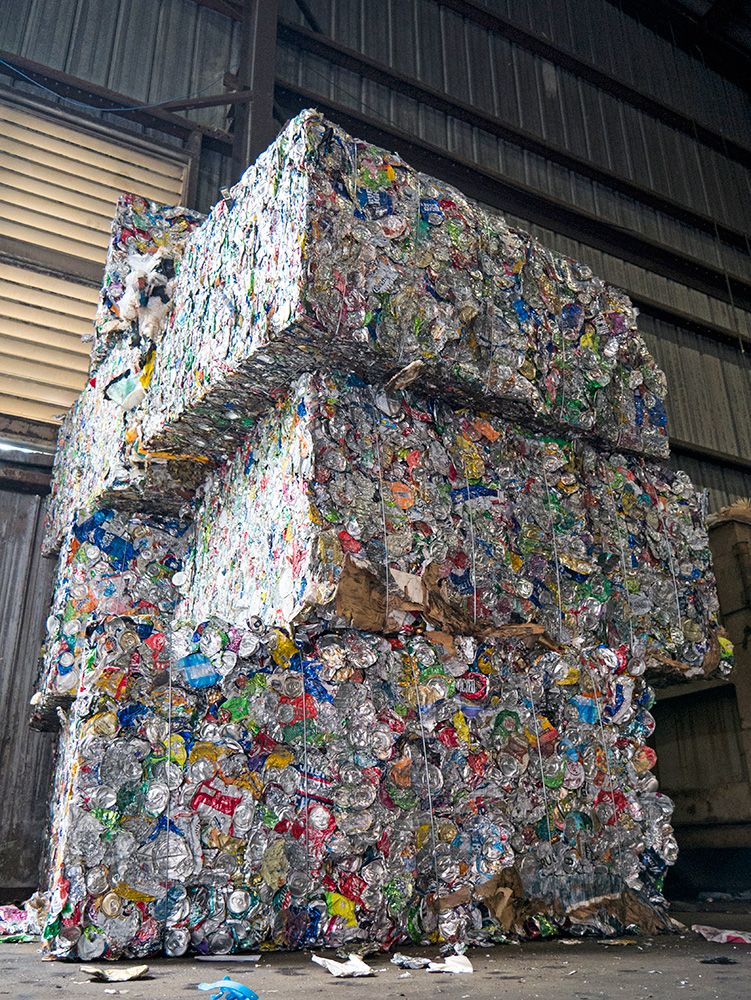 “We are in a difficult time right now,” said Cole, “but it is a wake-up call. There are innovators out there who see things differently. They don’t see trash or recycling; they see something useful or needed that has a readily-available resource. Ultimately, it’s up to we, the people, to be aware of our actions.”
“We are in a difficult time right now,” said Cole, “but it is a wake-up call. There are innovators out there who see things differently. They don’t see trash or recycling; they see something useful or needed that has a readily-available resource. Ultimately, it’s up to we, the people, to be aware of our actions.”
Here’s a LINK to another resource that Cole referenced often in our conversation. While the Recycle Right North Carolina program is focused on the Old North State, the information is useful everywhere. The link takes you to the social media toolkit, and it has lots of valuable information to answer your recycling questions. Be sure to check with your local municipality or county to find out what recyclables and other resources they offer.
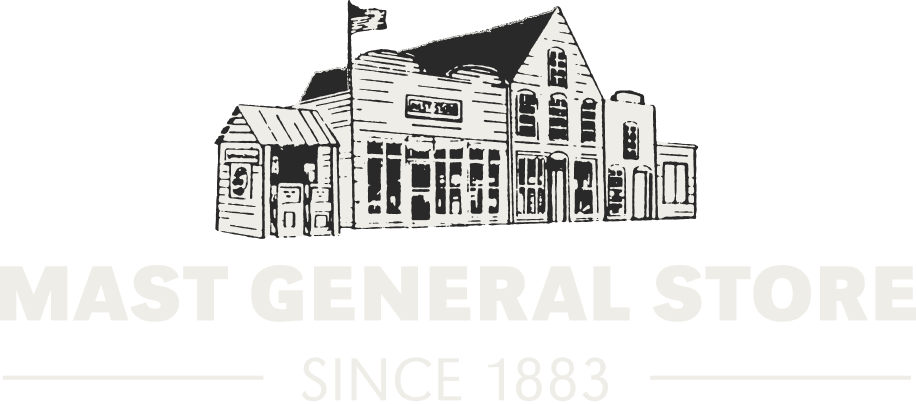

 Sign In
Sign In
 Go to My Account
Go to My Account Password Reset
Password Reset Email Preferences
Email Preferences Order History
Order History Address Book
Address Book Mailing List
Mailing List Wish List
Wish List Sign Out
Sign Out


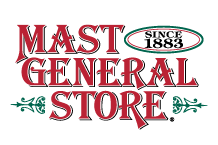
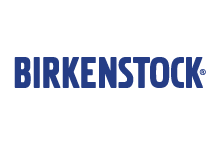



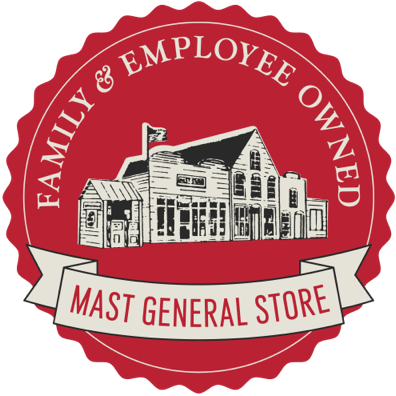

 828-963-6511
828-963-6511 directions
directions Parking
Parking








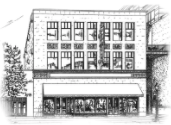















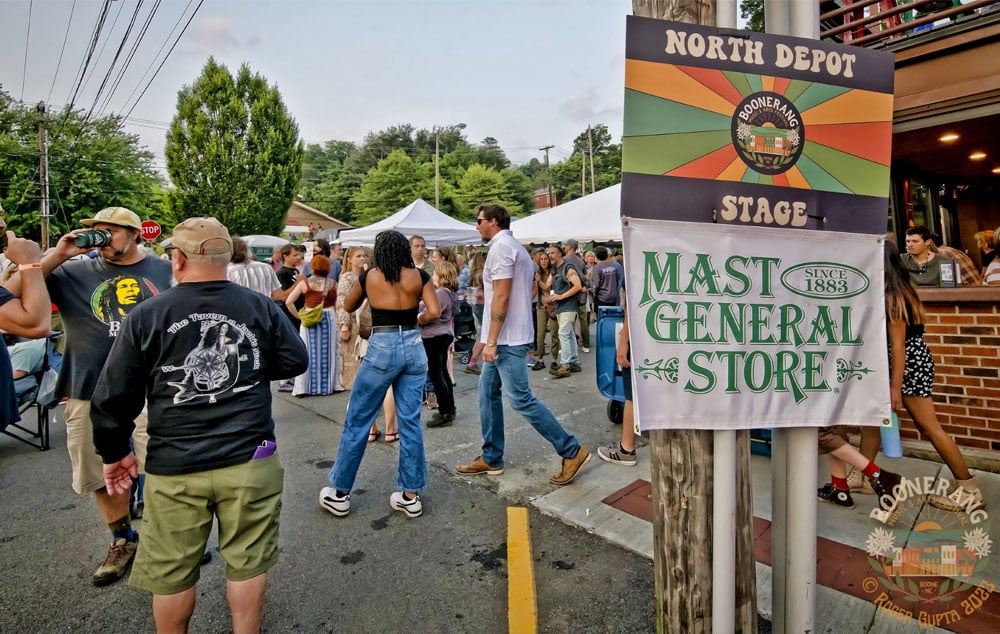
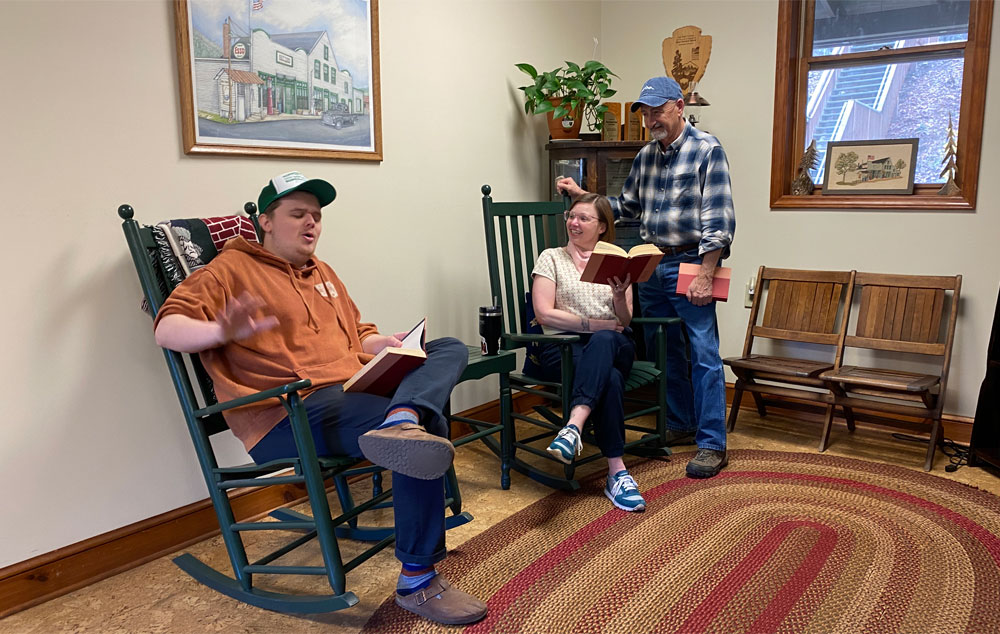
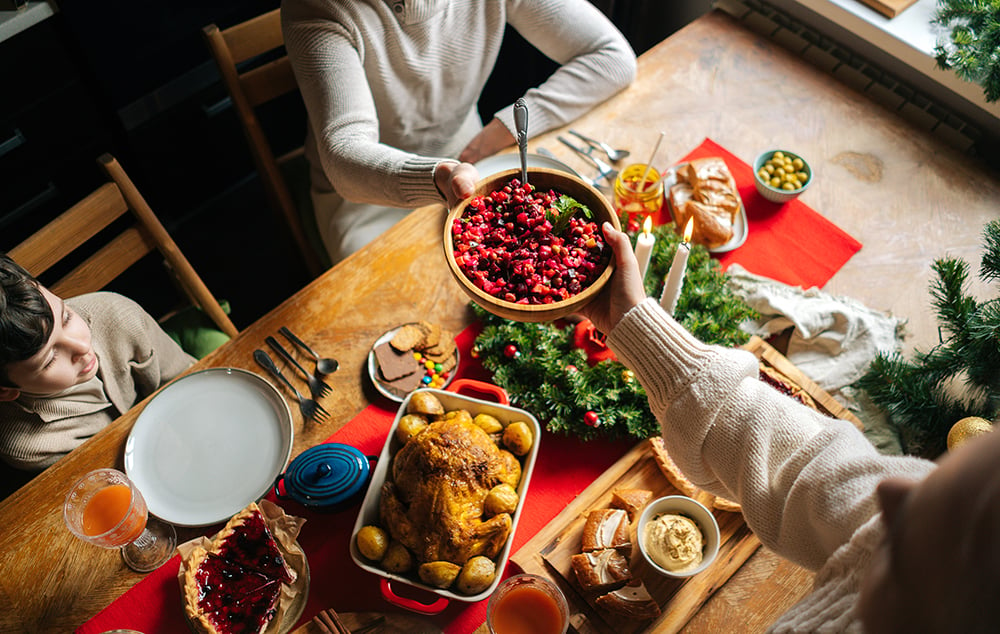
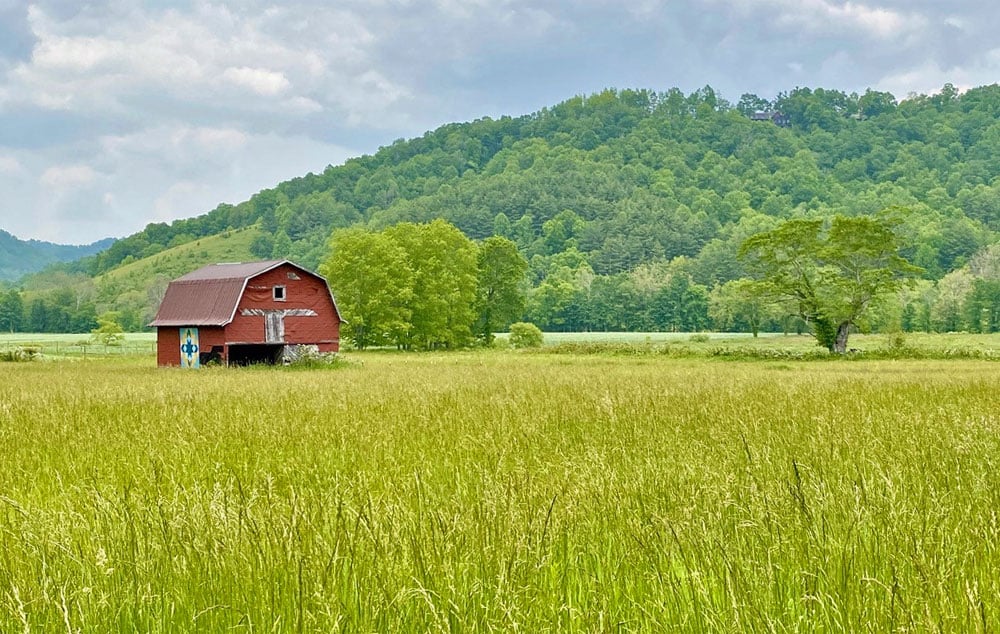

 history
history